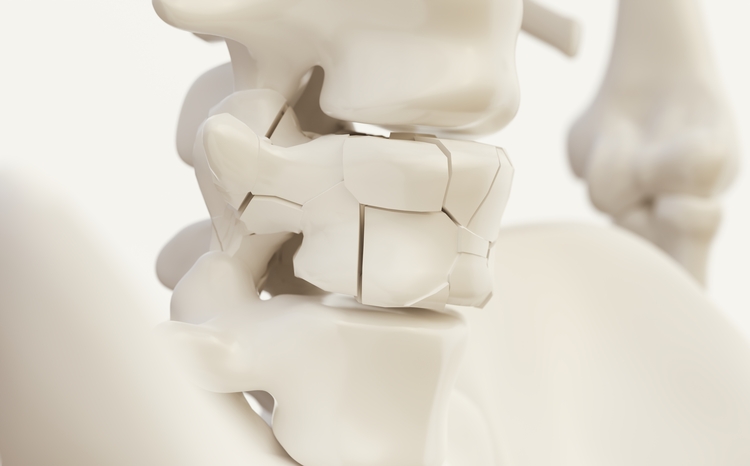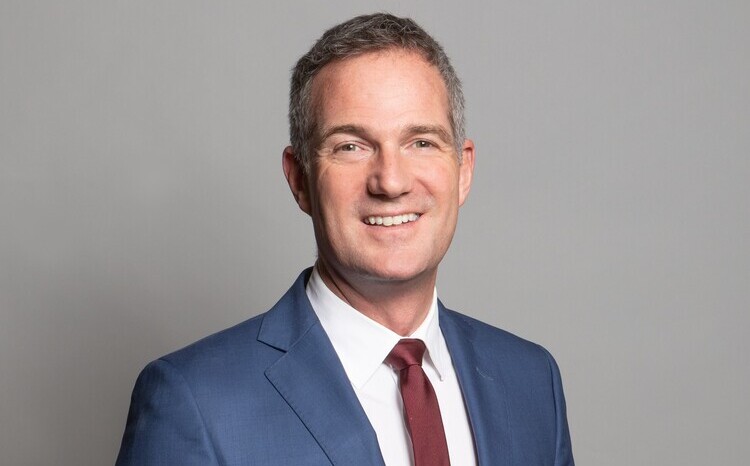AI, computer vision and regenerative medicine mark UK accelerator launch

A new UK health tech accelerator programme has unveiled its first cohort of start-ups after launching in London.
HS – which pitches itself as an accelerator programme built specifically around the needs of healthcare start-ups – will offer financial and entrepreneurial support to budding organisations with an emphasis on ensuring they achieve “product-patient fit” from the get-go.
The programme is headed by entrepreneur Dr. Alex Young and Dr. James Somauroo, the former director of the DigitalHealth.London accelerator.
It is funded through a combination of self-financing, venture capitalists and a partnership with US-based accelerator RGAx.
An initial cohort of 13 companies, all of which were less than a month old, were introduced during a launch event at the Royal Society of Medicine on 6 April. Amongst them included Respond, an app that uses computer vision to help people with the early signs of dementia recognise objects and faces, and Sermaurei, a machine learning interface that uses voice recognition and natural recognition processing to document clinical events.
Also on stage to deliver quick-fire pitches to investors were the founders of XenBot, a mental health and wellbeing chatbot, and Bioregenerative Technologies, which aims to make regenerative medicine “the front-line treatment for muscular-skeletal diseases.”
Dr. Alex Young, CEO and co-founder of HS, said the programme aimed to “break down the traditional accelerator model and rebuild it from the ground-up around healthcare”, and focus on building UK companies that scale internationally.
Fellow co-founder Dr. James Somauroo explained that HS would focus on time-sensitive challenges within the UK healthcare industry, adding: “if necessary, out companies will fail fast, and end up solving real problems.”
Start-ups incubated by HS will not be given time frames to work toward, with the focus being placed on ensuring products receive investment, reach customers and “solve problems”.
Companies will be matched with clinical experts and patient groups from early stages to ensure products are build around patient needs.
Dr. Somauroo said: “With our first cohort of businesses on board and the programme now open to corporate partners, we look forward to guiding their journey in tackling some of the world’s biggest healthcare problems with technology.”





1 Comments
Great to see advancements in healthcare using AI technology
Comments are closed.